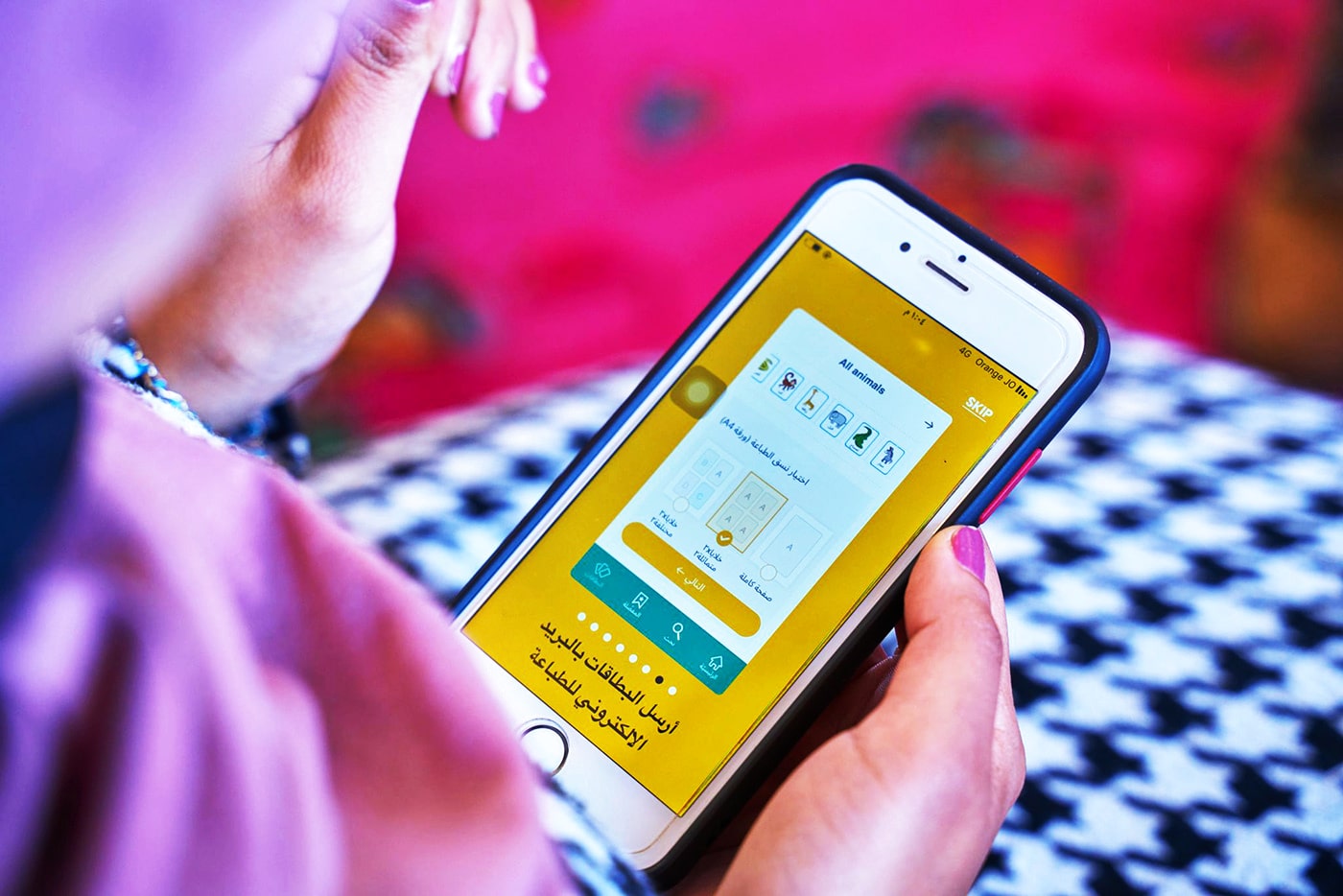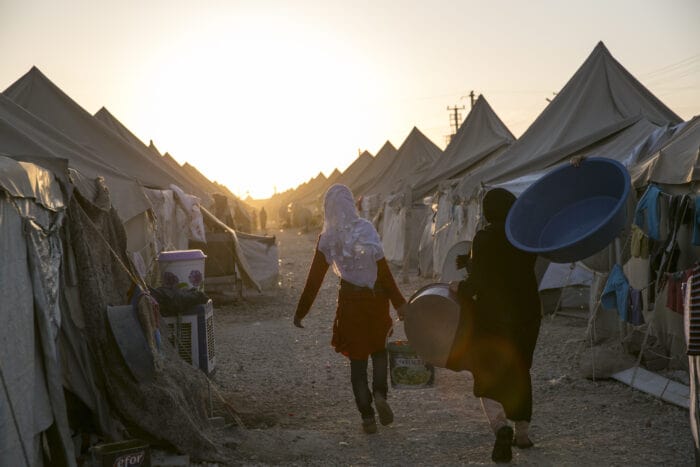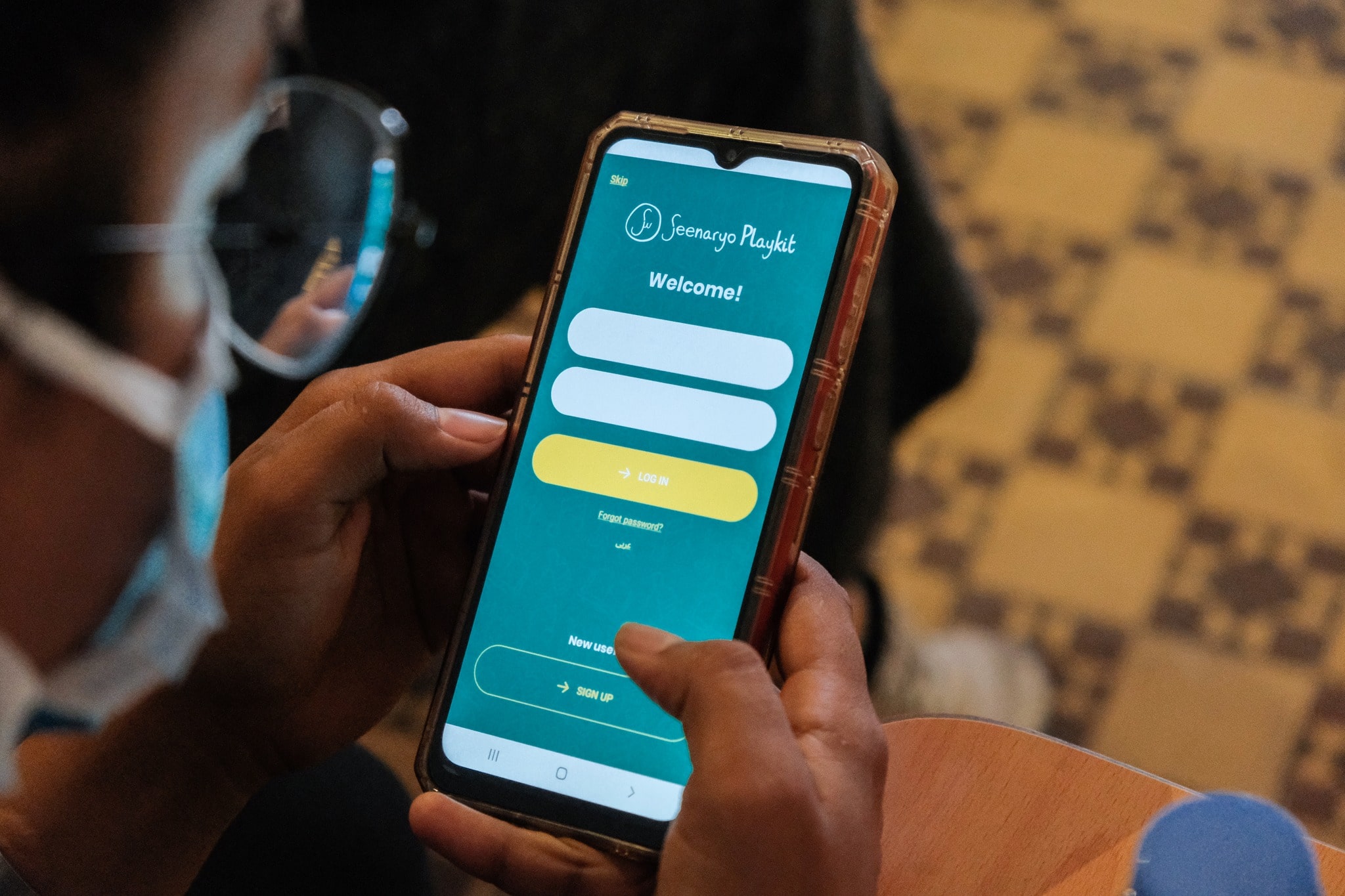Middle East, Storytelling, Interethnic Dialogue

The Seenaryo Playkit is a programme run in Lebanon and Jordan, aimed at helping refugees and marginalised communities in both countries. The programme consists of a mobile phone application and a teacher training program for educators working with children aged 3 to 8 years. Its purpose is to facilitate the integration of music, storytelling, and play into the curriculum delivery process. The app includes instructional videos, music tracks, and flashcards, and is often used in combination with a three-day training programme. Over the course of the last seven years, the Playkit has been implemented and utilised in all of the governorates in Lebanon as well as most regions in Jordan.
Lebanon and Jordan currently have the highest refugee populations per capita worldwide. Due to the convergence of multiple crises in both countries, such as refugee influxes, economic collapse, political instability, and the Covid-19 pandemic, their education systems have become severely overburdened, under-resourced, and are now on the brink of collapse.
According to RACE II, the Lebanese and Jordanian governments have both identified that their biggest challenge lies in the under-qualified and unskilled teaching force. This issue is particularly pronounced at the early years level, where teaching is often viewed as unskilled childcare. This is especially concerning since children under the age of five are at their most vulnerable, yet have the potential to develop life-long resilience, according to the Harvard Centre on the Developing Child.

Life-long learning methods as a tool for peacebuilding and community empowerment
The age category that is often considered the most vulnerable is actually the most receptive and pliable when it comes to change and development, regardless of the perceived limitations.


Playkit has been used with a combination of host community and refugee children along with teachers in more than 140 schools, including organisations like the International Rescue Committee, Caritas, and War Child, resulting in a transformation of classroom experiences for over 30,000 children.

The project has reached 364 schools and 2,643 teachers. They are implementing child-centred, play-based teaching practices, managing classrooms better, and creating more inclusive learning environments.

The project has reached 67,799 students are now more engaged in learning, improving life skills and wellbeing.

We had some Lebanese young people who had grown up in an orphanage and Palestinian young people who had grown up in Shatila refugee camp (Lebanon). And they have become best friends that I think will be friends for the rest of their lives.
